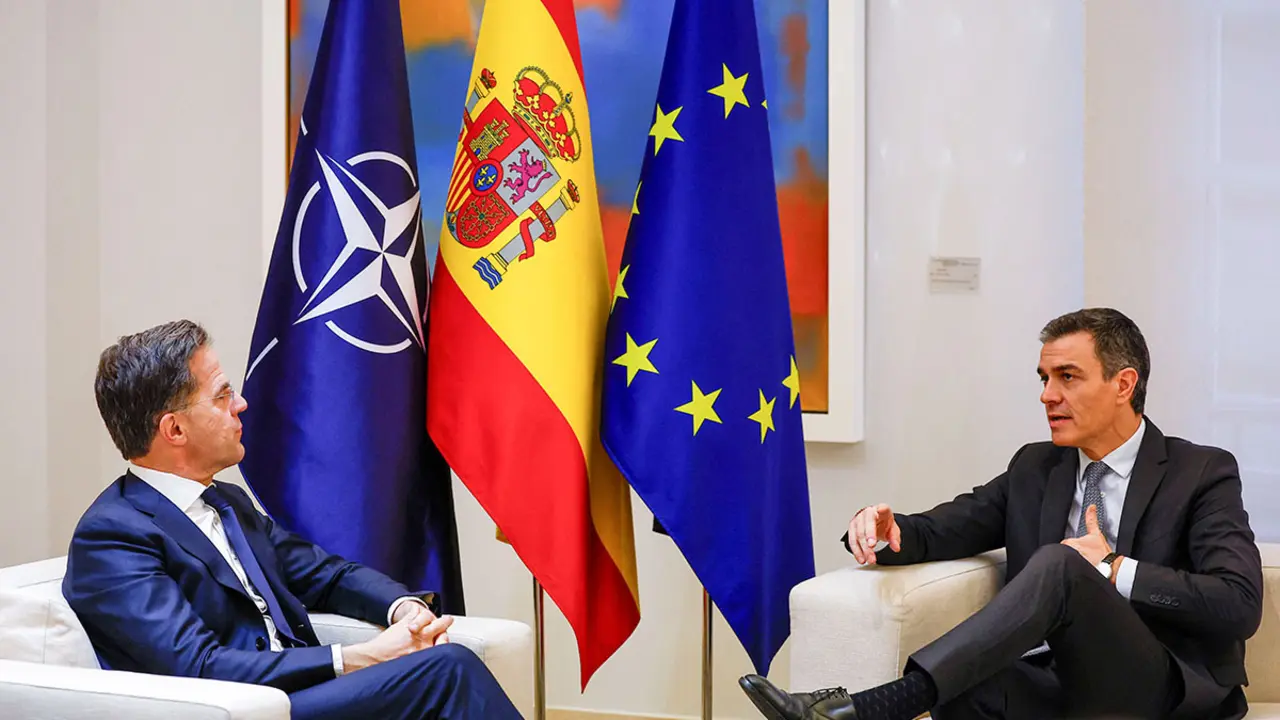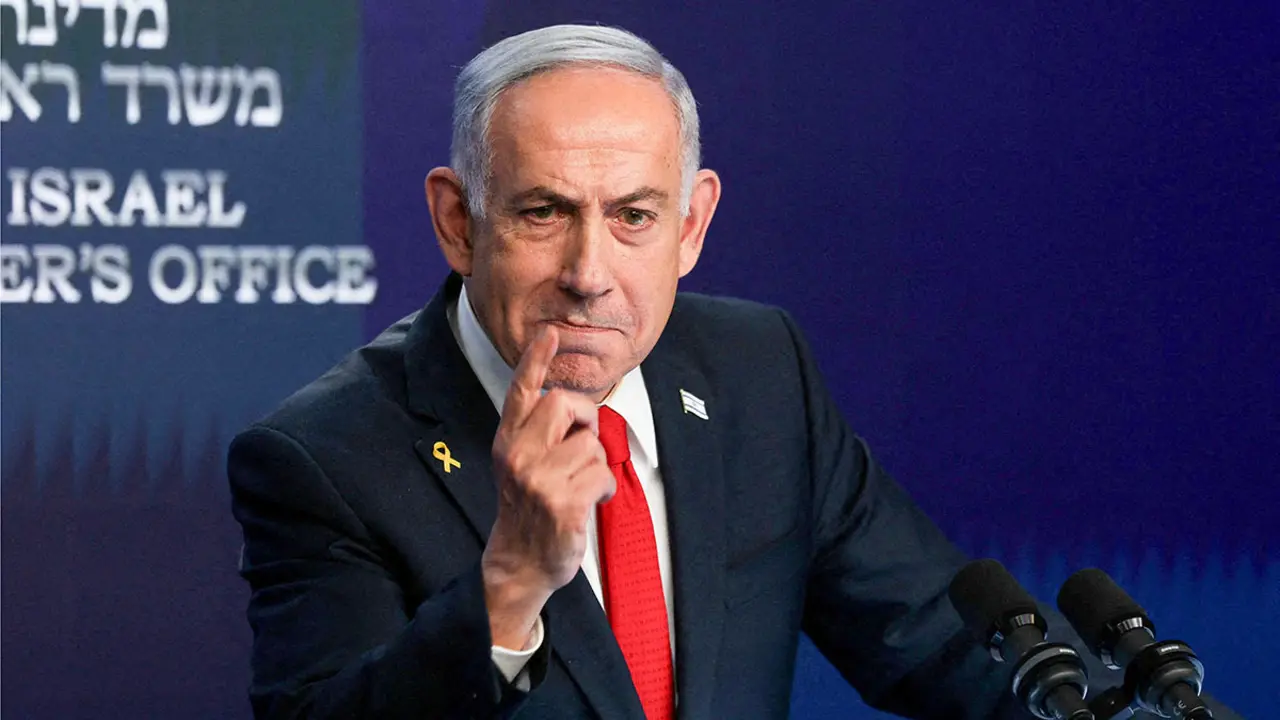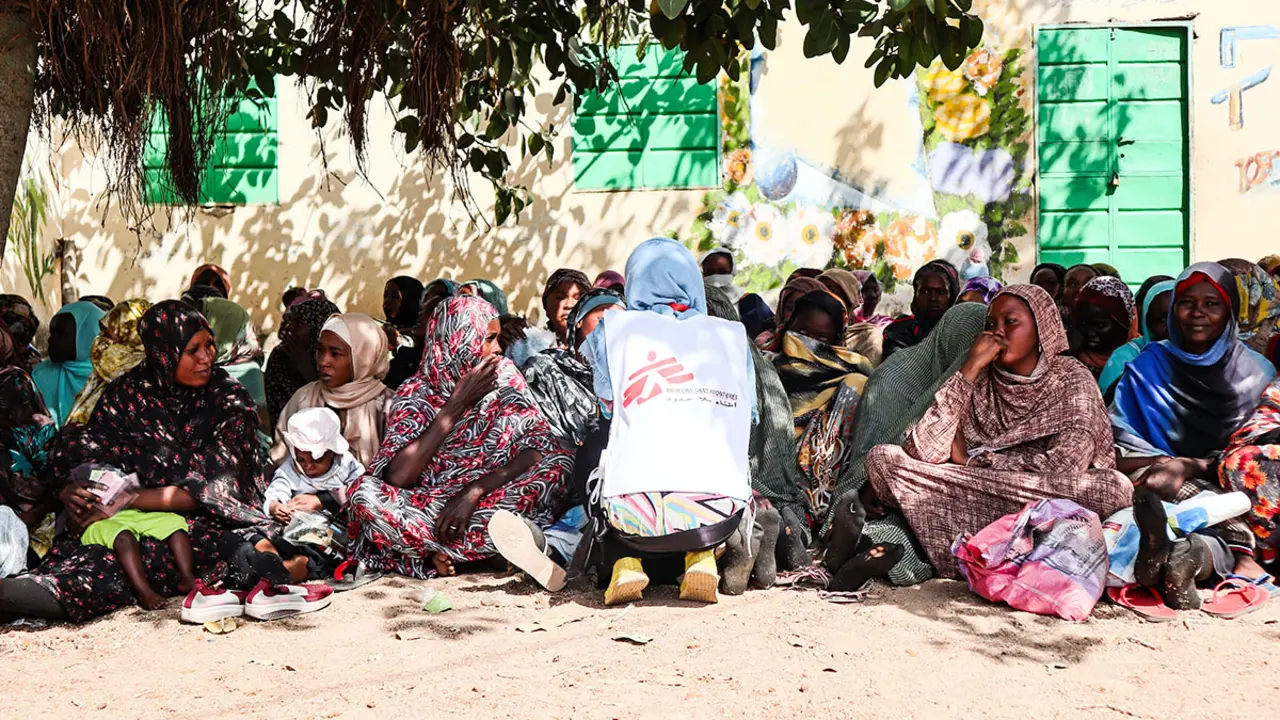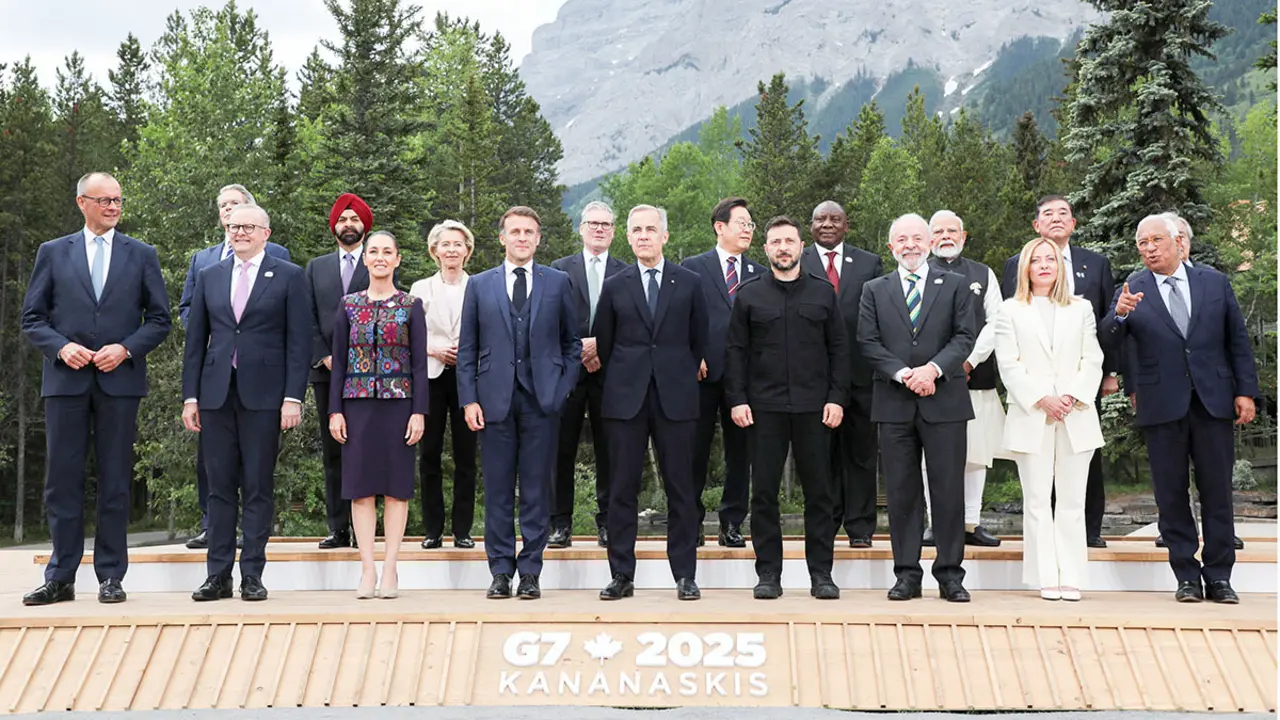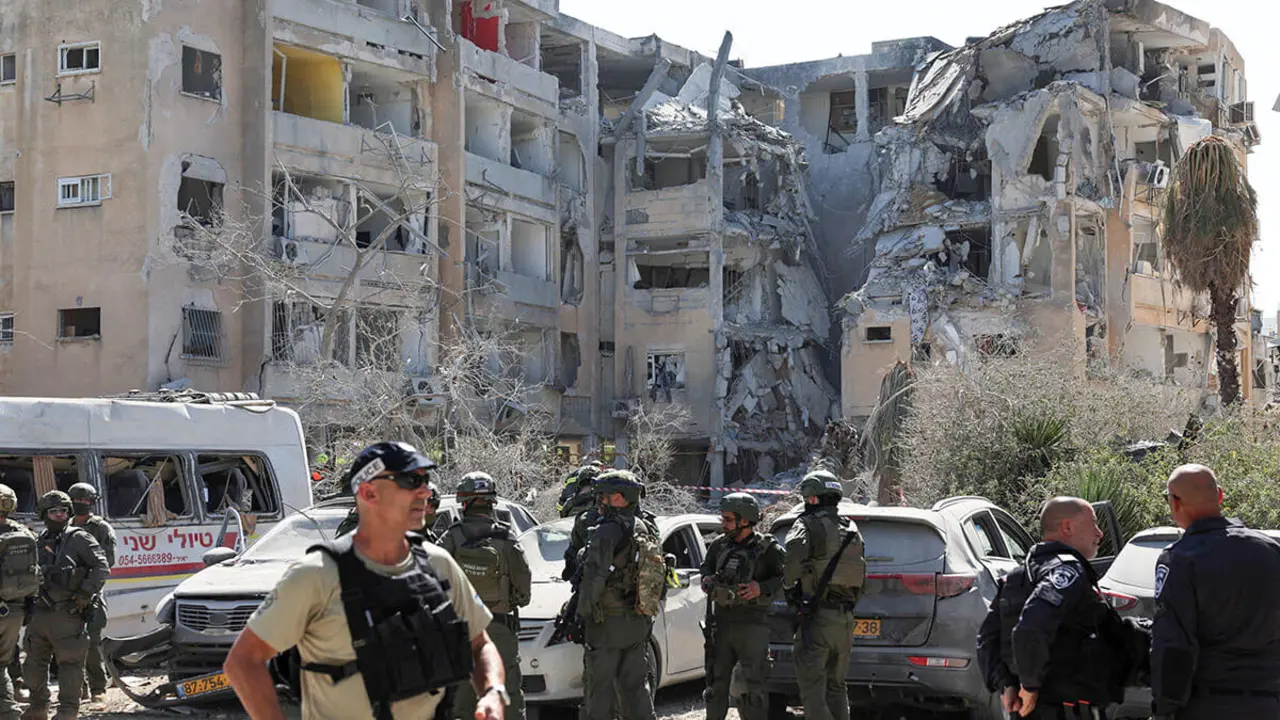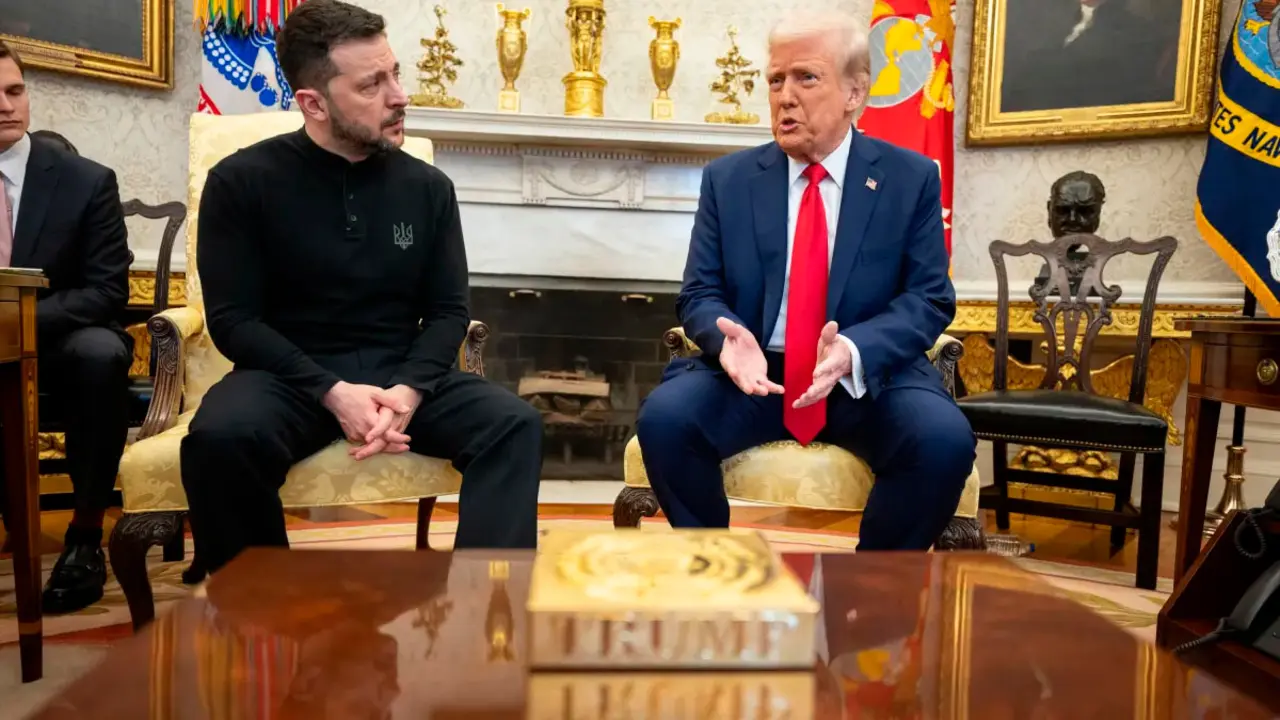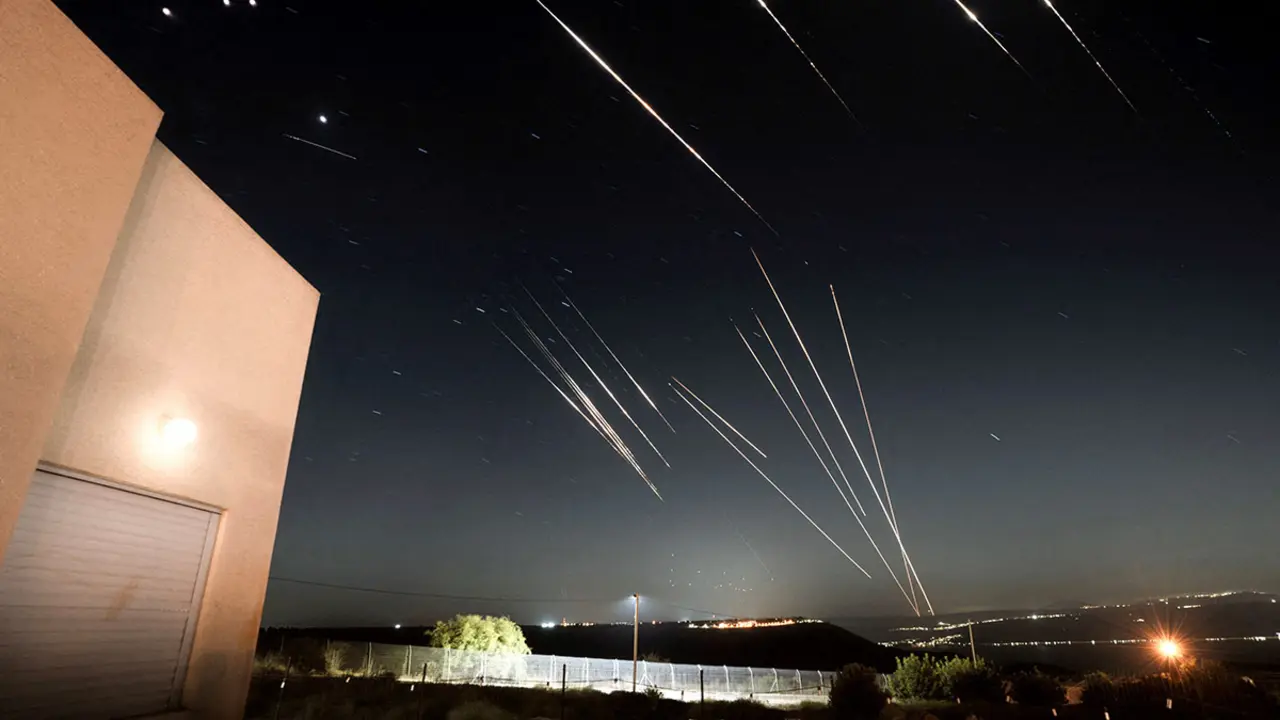Ukraine hits Russian army with first counter-offensives

Thirty days have passed since Vladimir Putin's army launched a blitzkrieg offensive against Ukraine. Thirty days in which the world has looked expectantly towards what were once Soviet republics, and in which - on many occasions - the possibility of halting Moscow's rapid advances was questioned. However, the Kremlin's vigorous attacks are now a thing of the past. The conflict's entry into a stalemate phase has revealed Russian weaknesses and Kiev's strengths that we did not initially see.

"The Ukrainians themselves said a few days ago that they were planning counterattacks, and I think we're now seeing indications that they're moving in that direction," Pentagon spokesman John Kirby said of the Ukrainian change in strategy. "We're seeing the Ukrainians going a little bit more on the offensive," Kirby said.
Kiev's counter-offensives - launched in recent days - are proving crucial at the strategic level, despite their modest weapons capabilities. An example of this is the expulsion of Russian troops from Nikolayev and the advance towards Kherson, a key move for the defence of Odessa, the "pearl of the Black Sea", which has become a priority objective for Putin, as it would guarantee a land corridor along the entire southern part of Ukraine.

Particularly important - also in the south of the country - was the Ukrainian attack on the Black Sea Fleet tanker "Orsk", which was docked in the port city of Berdiansk, under the control of Russian troops. This counter-offensive has highlighted Kiev's tactic of targeting Moscow's infrastructure and logistical assets. "This will force the Russian Armed Forces to prioritise the defence of their supply chain and deprive them of much-needed resupply of forces," explained the British Ministry of Defence, stating that this situation could limit the offensive by Russian troops.
❗❗❗Ранок починається з гарних новин!
В захопленому рф порту Бердянськ знищено великий десантний корабель «Орск» чорноморського флоту ??окупантів.
Слава Україні!?? pic.twitter.com/JladHhuhJ8— ??Armed Forces (@ArmedForcesUkr) March 24, 2022
But the great 'momentum' of the Ukrainian counter-attack is in Kiev. Despite the threat of encirclement from the large convoy of Russian military vehicles, Zelensky's soldiers have recaptured the town of Makariv - making the feared siege of the capital on its southern and western flanks more difficult - and, according to Ukrainian sources, are contesting the towns of Bucha, Irpin and Hostomel. In fact, according to the Institute for the Study of War (ISW), Kiev's counter-offensive is proving "limited but effective" despite the possibility that its dimensions are smaller than those reported by the authorities.

Meanwhile, the city that has been hardest hit by Russian attacks since the beginning of the invasion, Mariupol, continues to resist the Kremlin's forces, which continue to gain ground almost to the centre of the town. The main victims are the civilian population. According to the Ukrainian authorities, so far the death toll in the air attack on the city's theatre, where some 1,200 people were taking refuge, has risen to 300 people, while the total death toll in Mariupol could be close to 2,500.
In this uncertain scenario, Vladimir Putin may not be losing the war, insofar as the president insists that everything is going according to plan, but the truth is that, on the ground, it cannot be said that he is winning it either. As the journalist and international analyst Daniel Iriarte explained in El Confidencial, "the question of whether Ukraine can win the war depends on how we formulate this victory. A total collapse of the invading army is a fantasy".
Today Russia launch Bastion towards targets in Ukraine, after yesterday's salvo from Black sea of Kaliber pic.twitter.com/dYDzDpYKyk
— monitoring (@warsmonitoring) March 23, 2022
Meanwhile, the Ukrainian authorities have announced - officially for the first time since the beginning of the conflict - the exchange of prisoners of war between the two sides. Soldier for soldier. "Following an order of President Volodymir Zelensky, the first full exchange of prisoners of war has taken place," Ukrainian Deputy Prime Minister Iryna Vereshchuk posted on Facebook on Thursday. "In exchange for 10 captured occupants, we rescued 10 of our servicemen".
In addition to this exchange, 11 Russian civilian sailors, trapped near the city of Odessa, have also been exchanged for 19 crew members of Ukrainian civilian ships. Tatiana Moskalkova, Russia's human rights ombudsman, has also confirmed this.

However, the Russian Foreign Ministry, headed by Foreign Minister Sergey Lavrov, claimed earlier this week that another prisoner exchange had already taken place. According to Lavrov, the Ukrainian authorities had released nine Russian prisoners in exchange for the mayor of the town of Melitopol, Ivan Fyodorov, who said he had been locked up and forced to listen to torture in neighbouring cells while under pressure to step down as mayor.

